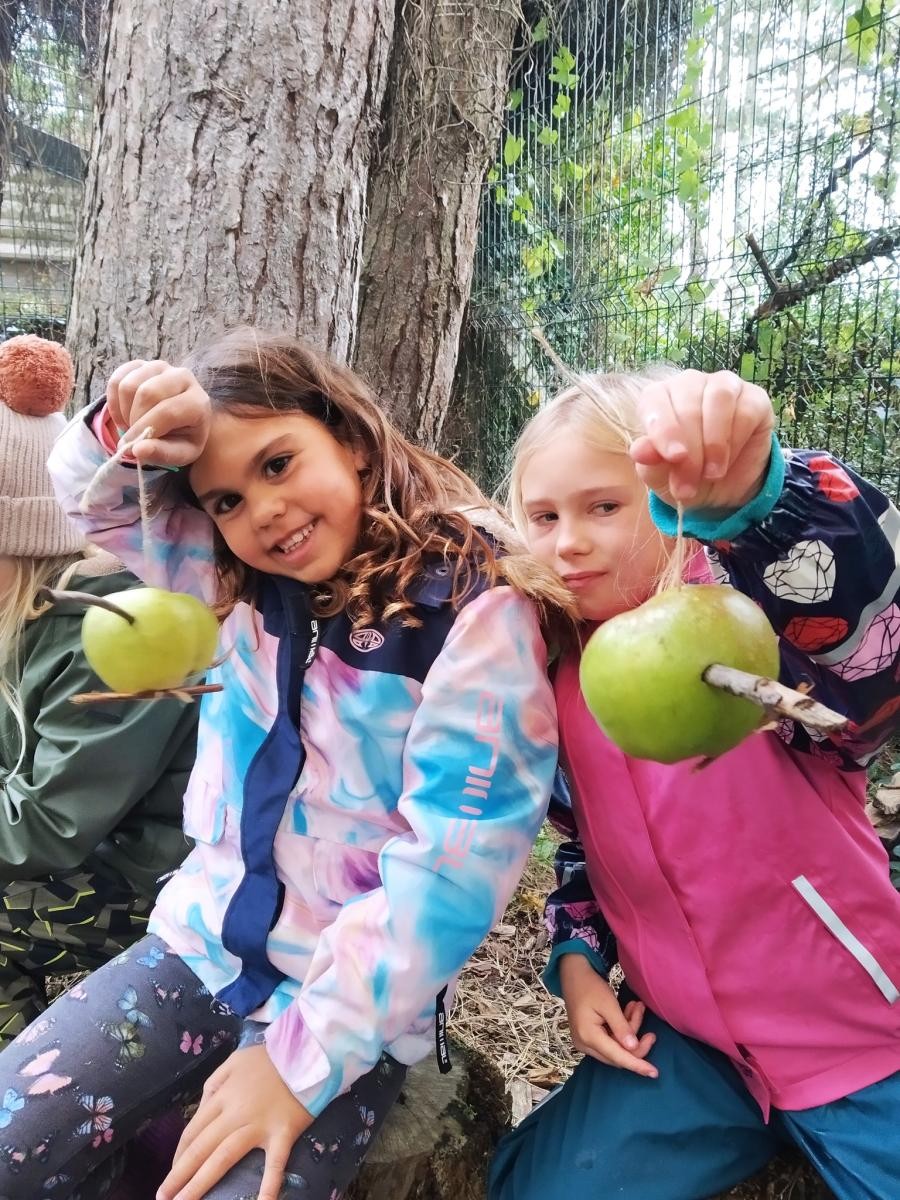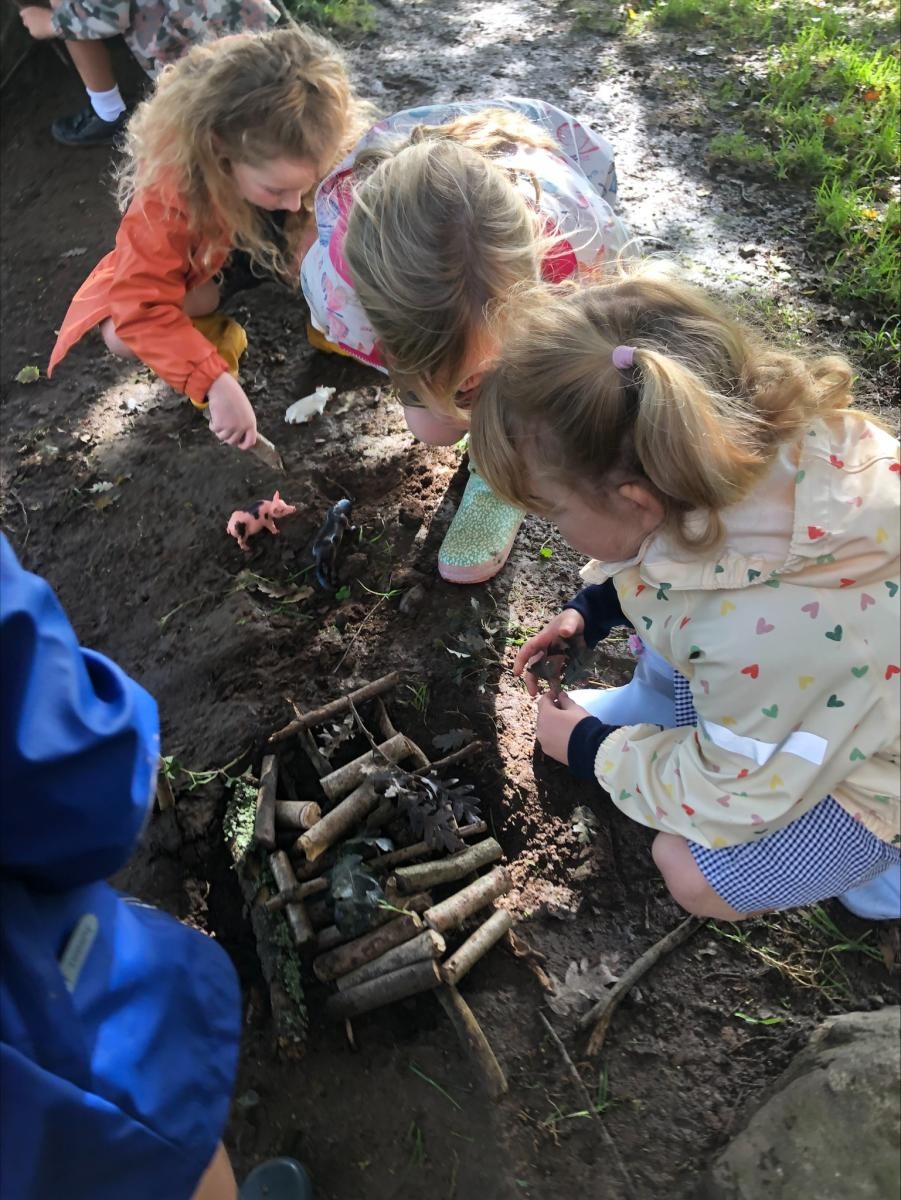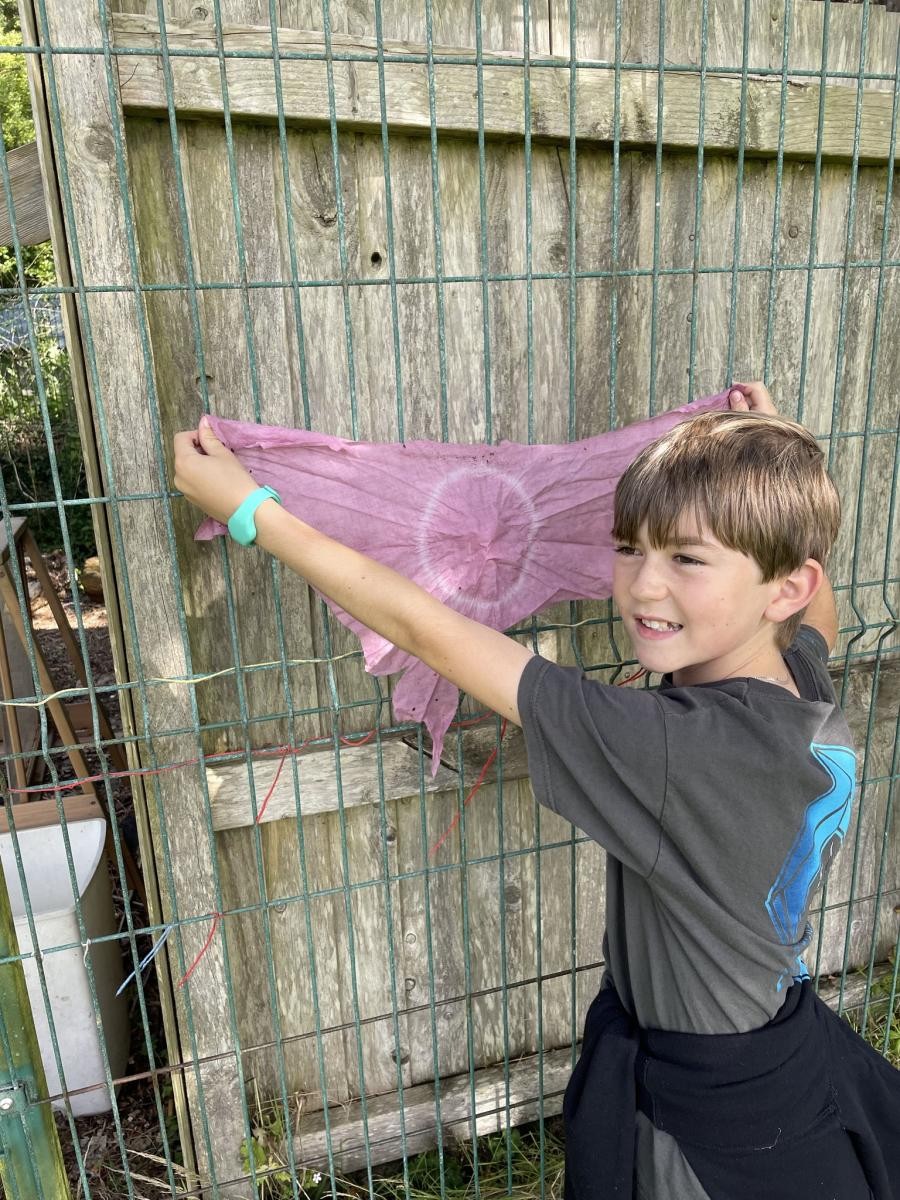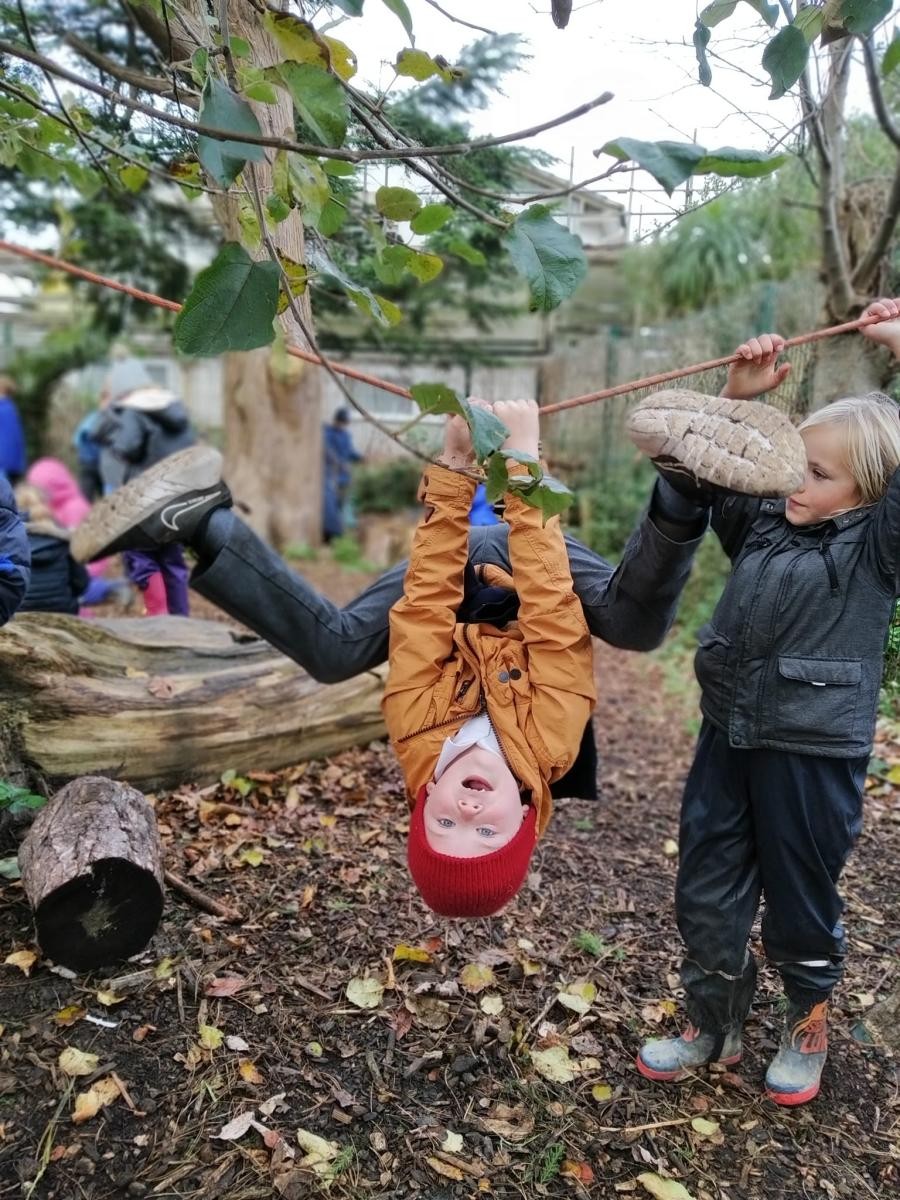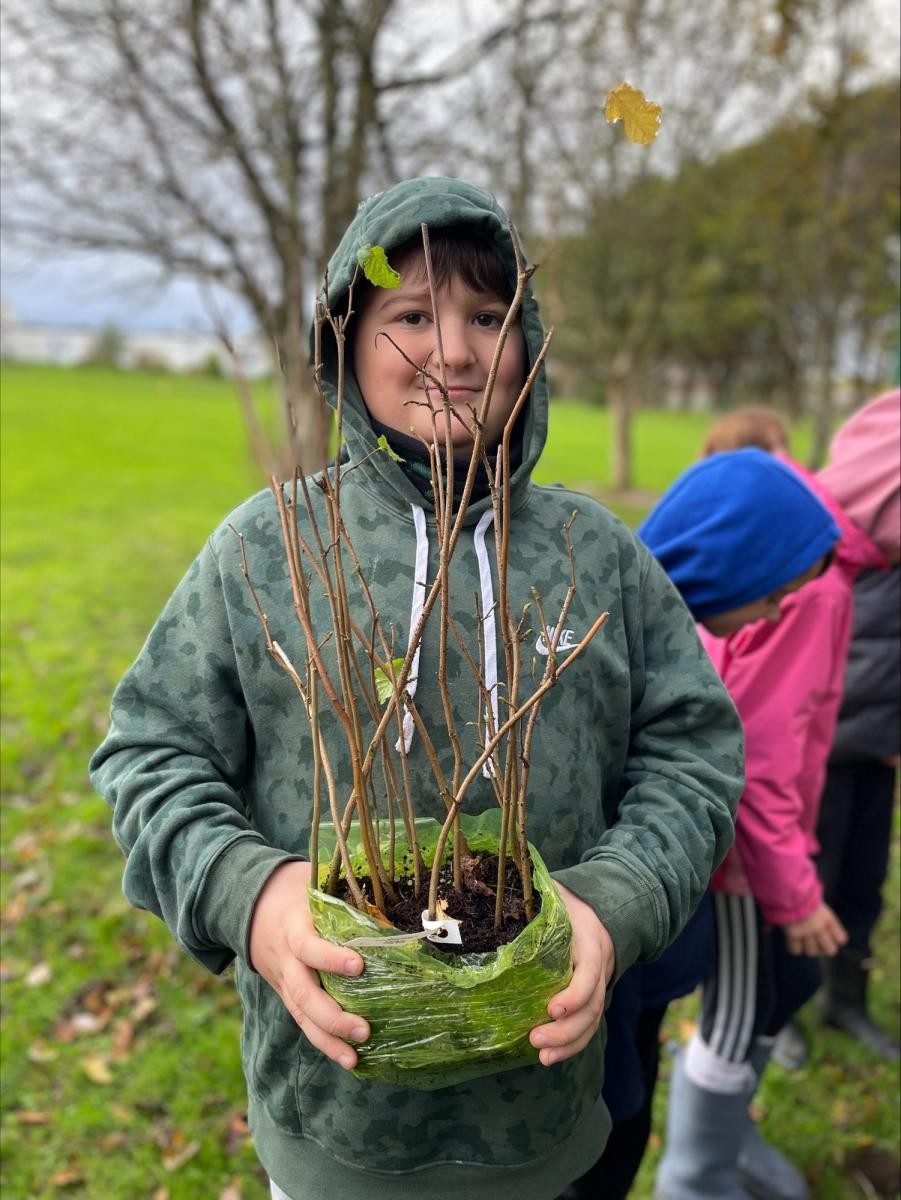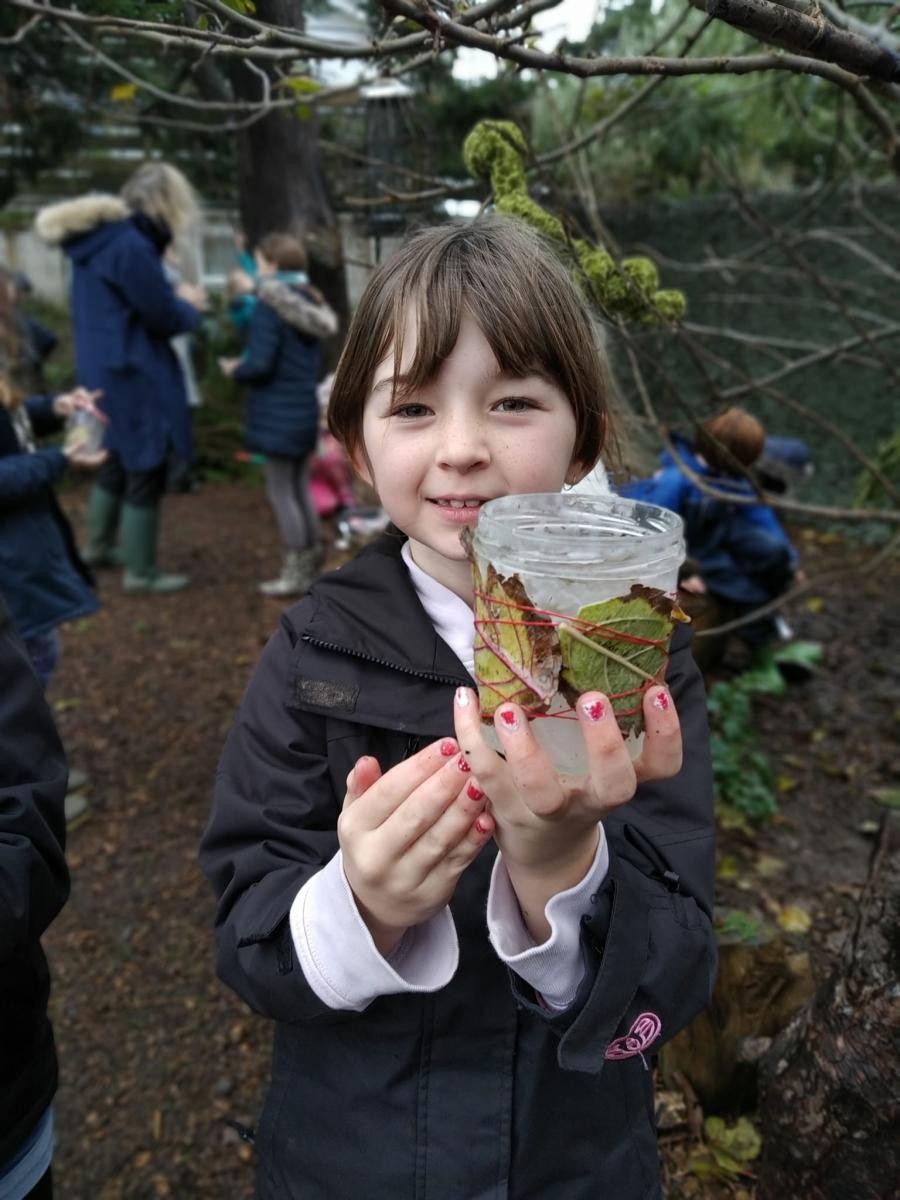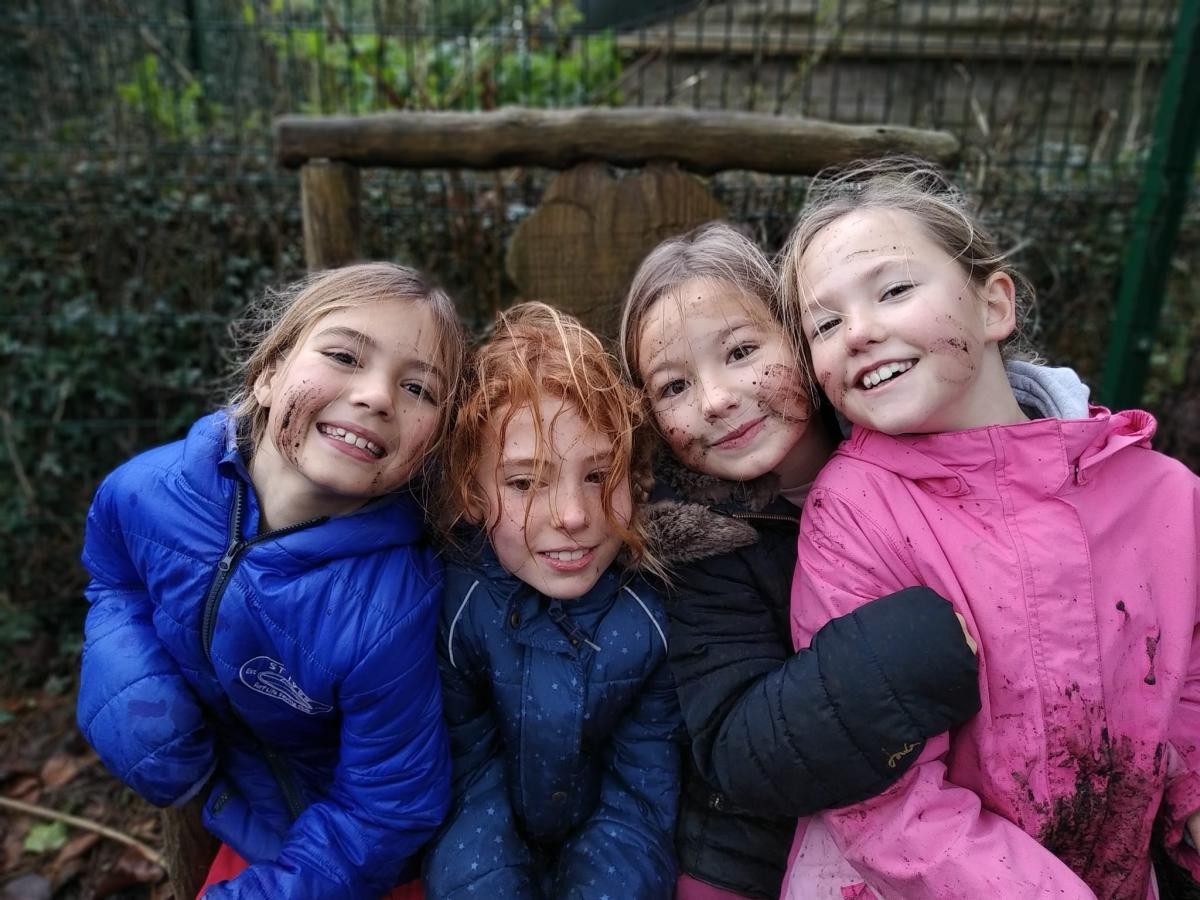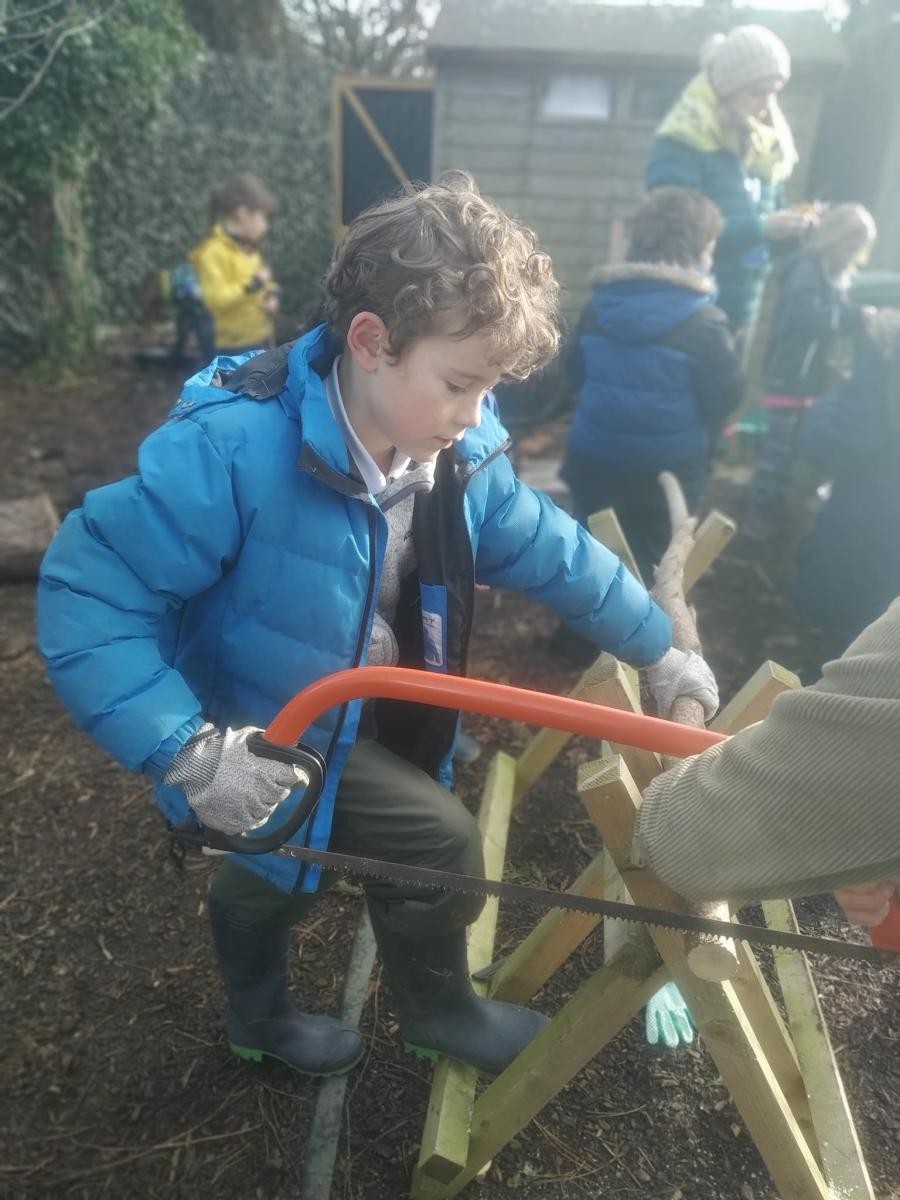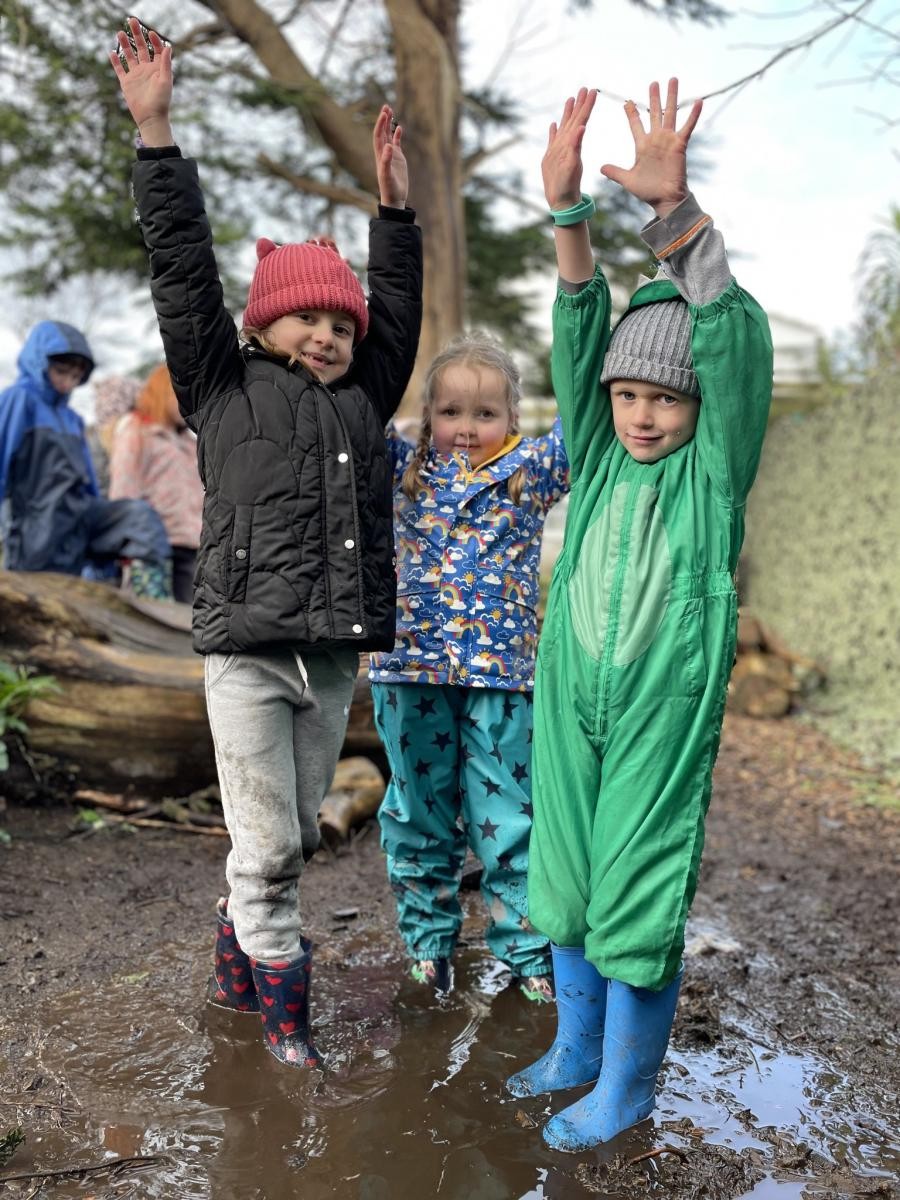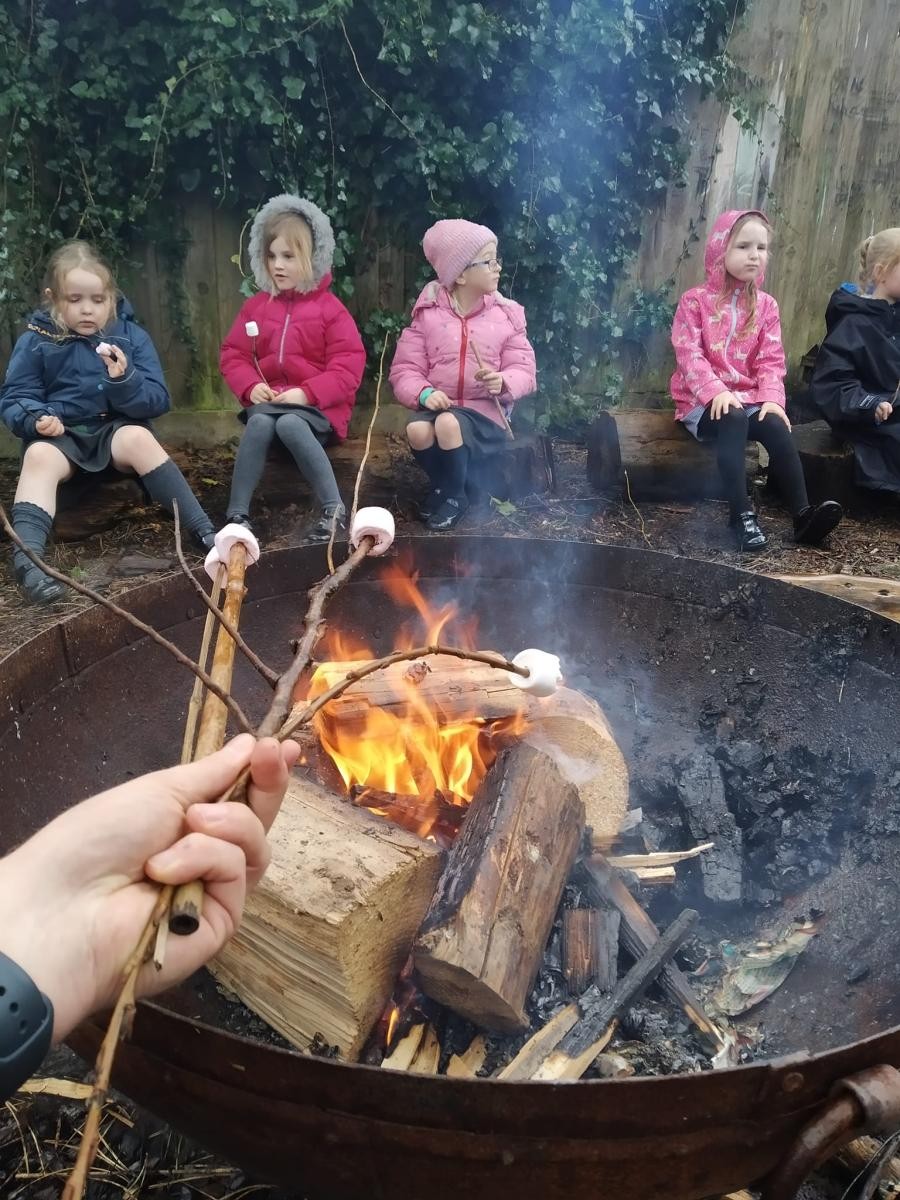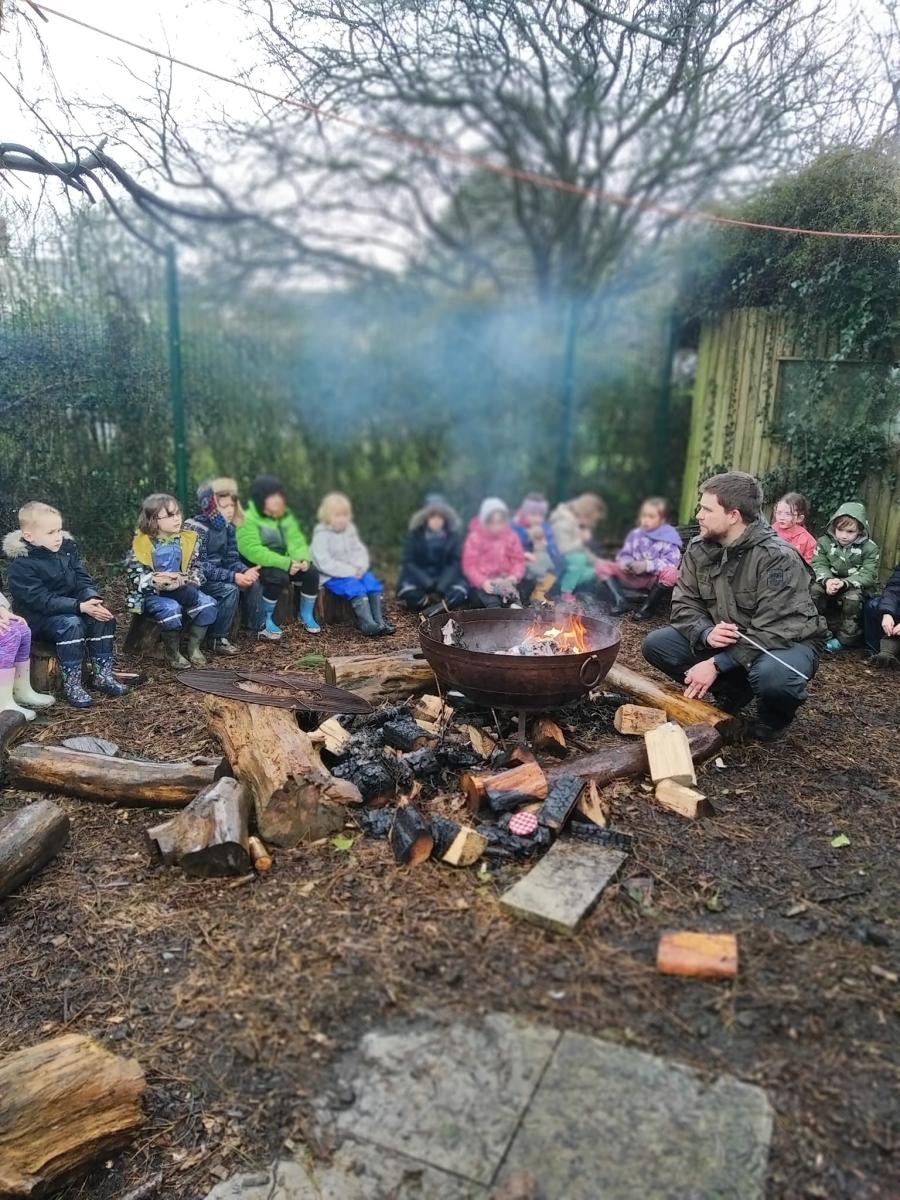The ethos of Forest School at St Uny Academy is based on a respect for children and their capacity to initiate, investigate and maintain curiosity in the world around them. It believes in a child's right to play; the right to access the outdoors; the right to experience risk in a controlled way in the natural world along with the right to develop their emotional intelligence through social interaction, building a resilience to enable creative engagement with their peers and their potential.
Forest School is an inspirational process that offers all learners, including those with SEND, from Nursery to Year 6, regular opportunities to achieve and develop confidence and self-esteem through hands-on learning experiences in a natural environment. Forest School practice embraces collaborative, unexpected and ultimately unlimited learning. Children are encouraged to direct their own learning - this is often inspired by our Forest School leader either through stimulating play in the outdoors or through 'scaffolding' a child's learning, but mostly through simply observing how children are in the outdoors. The most important thing is to encourage the natural curiosity present in children and to enable them to open their eyes and experience the wonders of the world around them.

